
Latin America Takes Charge: A Shift in Market Dynamics Defying Trump’s Influence
In a striking declaration that positions Latin America as a resilient and autonomous player in global markets, Bradesco, one of Brazil’s largest financial institutions, emphasized the region’s capacity to navigate economic landscapes independently of external influencers, including former U.S. President Donald Trump. The commentary reflects a growing sentiment among business leaders in Latin America, who argue that the continent is mastering its own market potential.
Continue reading
Colombia's Central Bank Chief Remains Unfazed by Presidential Criticism
In a notable display of determination, Colombia's central bank governor, Leonardo Villar, has publicly responded to recent criticisms issued by President Gustavo Petro regarding the bank's monetary policy. The tension between the executive branch and Colombia’s monetary authority has escalated, but Villar has shown resilience, emphasizing the independence of the central bank in his latest statements.
Continue reading
Poland's Unique Financial Landscape: A Dependence on the ECB Without Adopting the Euro
In an interesting development that highlights Poland's economic landscape, the nation's decision to retain its currency rather than adopting the euro has resulted in a complex relationship with the European Central Bank (ECB). This situation was articulated clearly by Croatian National Bank Governor Boris Vujcic during a recent financial conference. Vujcic emphasized that, despite Poland's non-member status of the eurozone, it still finds itself significantly reliant on the monetary policies administered by the ECB.
Continue reading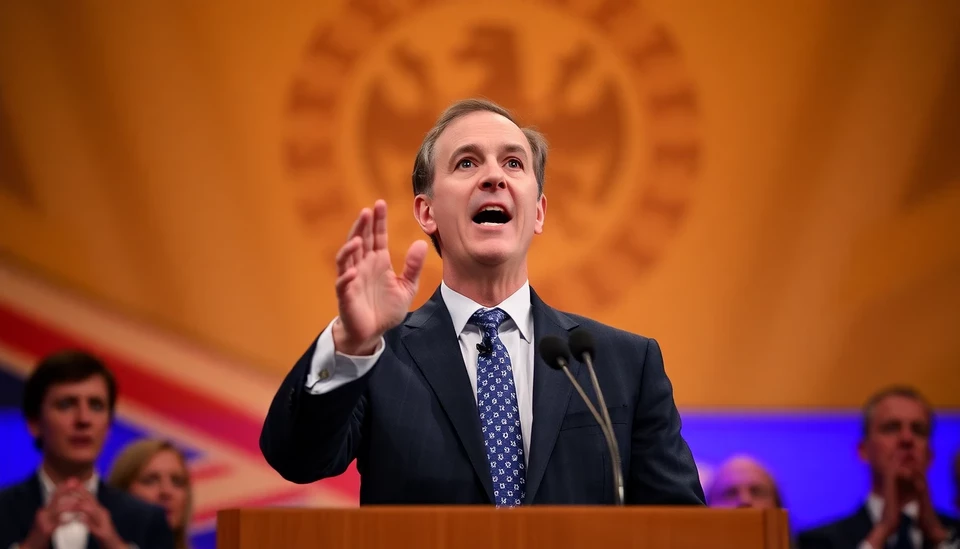
Mark Carney Declares Economic Independence in Inspiring Victory Speech
In a powerful address that resonated throughout financial circles and beyond, former Bank of England Governor Mark Carney delivered a compelling victory speech after being re-elected as the head of a notable international financial organization. His remarks emphasized the importance of self-determination in fiscal policies, urging nations to take control of their economic destinies amidst global instability.
Continue reading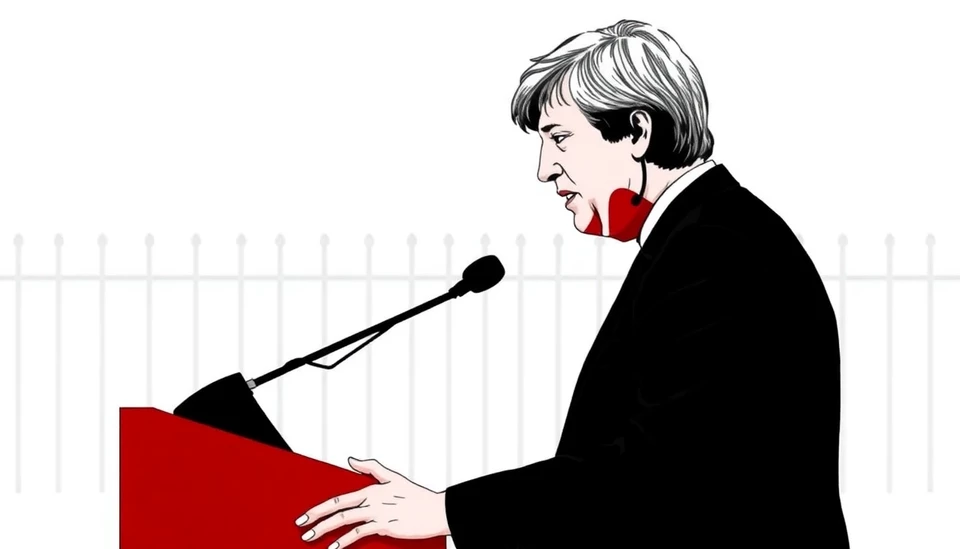
UK Chancellor Promises Sweeping Welfare Reforms to Drive Budget Efficiency
In a bold move aimed at reshaping the UK's welfare system for economic efficiency, Chancellor of the Exchequer, Jeremy Reeves, has unveiled plans to implement significant reforms within the framework of the national budget. These proposals are expected to streamline benefits, reduce expenditures, and ultimately shift how support is delivered to those in need across the country.
Continue reading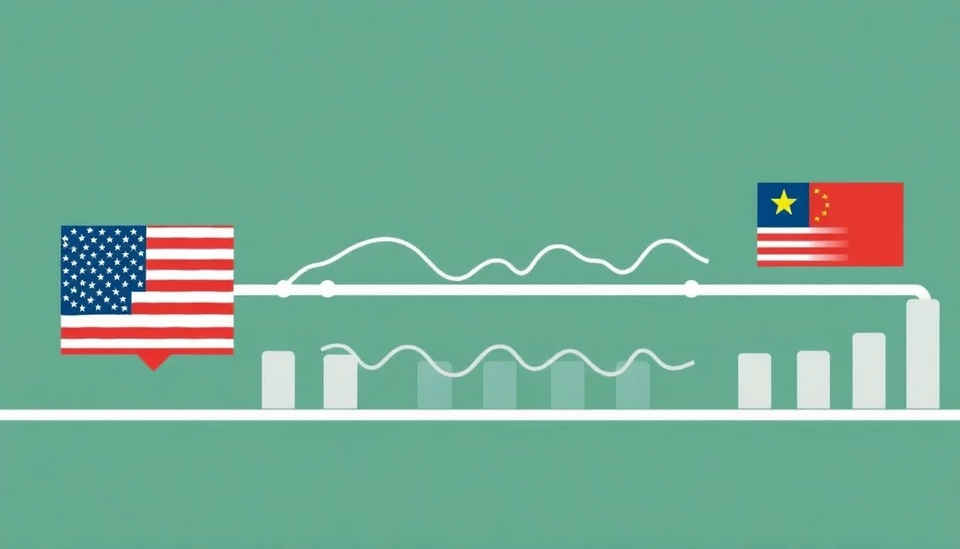
US-China Economic Decoupling: Supply Chain Shifts and Market Impact
The economic relationship between the United States and China is undergoing a significant transformation, characterized by an intensifying process of decoupling that is reshaping global supply chains. This decoupling is driven by a combination of political tensions, national security concerns, and a desire for greater economic independence from each other. The implications of these shifts are profound, affecting industries across various sectors, from technology to consumer goods.
Continue reading
Canada's Export Strategy: CEOs and Trudeau Seek New Horizons Beyond the U.S.
In a strategic meeting that signals a pivotal shift in trade dynamics, Canadian Prime Minister Justin Trudeau and a consortium of CEOs are collaborating to construct an export strategy aimed at diversifying Canada’s international trade portfolio beyond its traditional reliance on the United States. This initiative emerges in response to shifting global economic landscapes and the necessity for resilience in trade amidst various geopolitical challenges.
Continue reading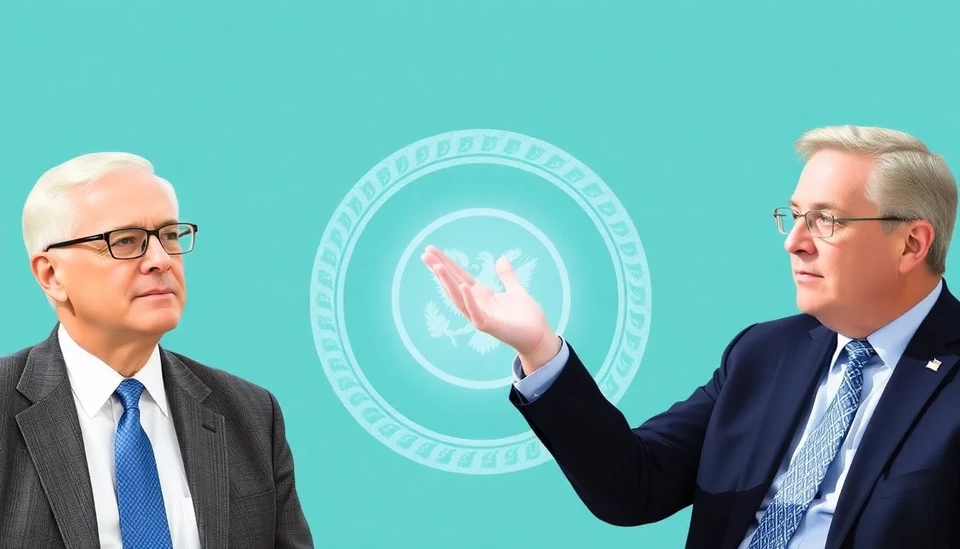
US Trade Chief Advocates for Targeted Tariffs to Mitigate China Dependency Risks
In a recent statement, the United States Trade Representative, Katherine Tai, emphasized the necessity of implementing targeted tariffs to address economic vulnerabilities tied to China. This comes in light of concerns about the ongoing dominance of Chinese manufacturing and the potential repercussions it poses for the American economy.
Continue reading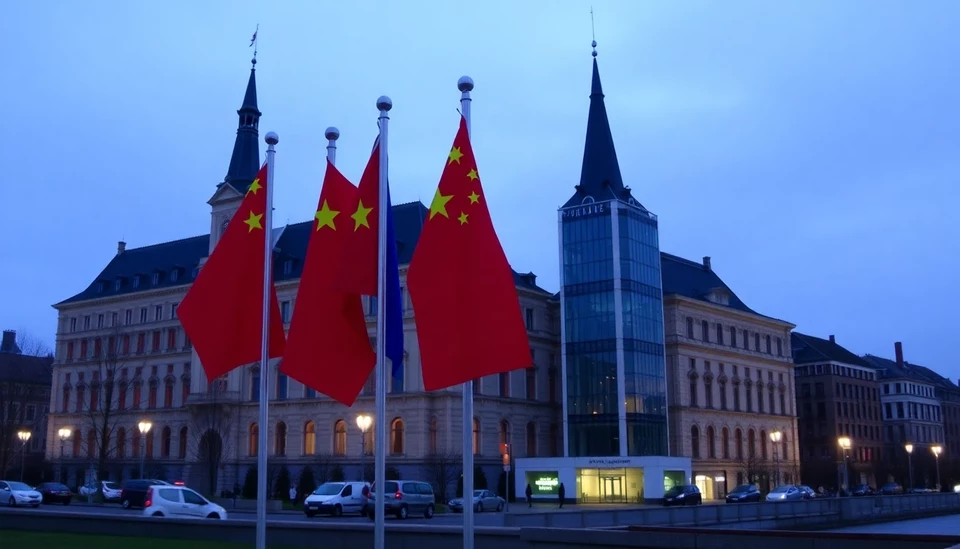
Chinese Investment Provides Eastern Europe with Strategic Alternatives Amid Brussels' Oversight
As Western Europe faces its own set of economic challenges, several countries in Eastern Europe are embracing a significant influx of Chinese investment, which is increasingly seen as a means to counterbalance the dominant influence exerted by Brussels. This development reflects a shifting geopolitical landscape where financial alliances and investments become critical to national and regional stability.
Continue reading